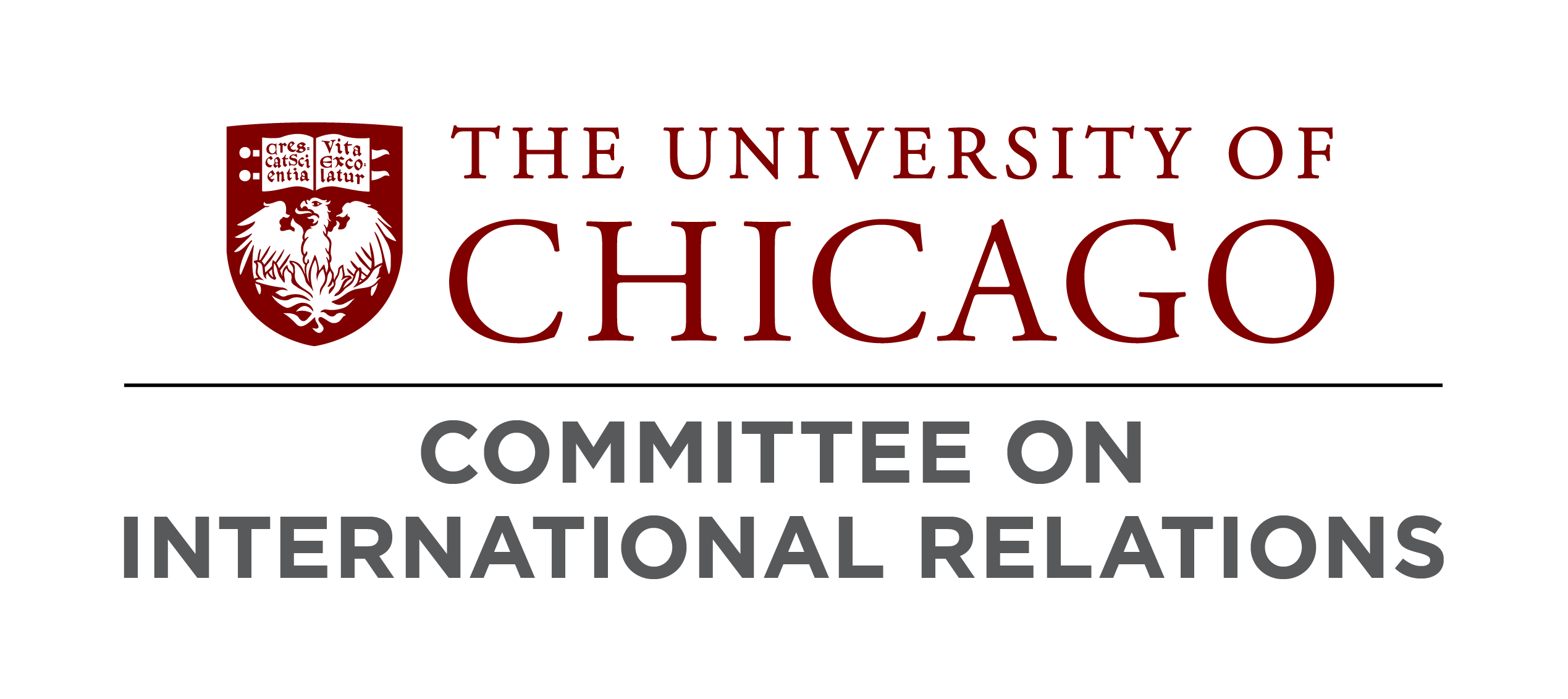Second Year Specialization
The second-year specialization is an application-only opportunity for currently enrolled CIR students who believe their master’s thesis paper can benefit substantially from further methodological training, theoretical study, or area study. Typically, a small cohort of no more than five students are chosen for the second year. Before applying to the second-year specialization, students must consult with their faculty advisor and preceptor.
Types of Second Year Specialization:
- The sub-disciplinary specialization is for students who want to conduct advanced research in one of CIR's non-regional fields of study.
- The regional specialization is for students who want to conduct advanced research in a particular region, including Africa, Latin America, East Asia, Middle and Central Europe and Eurasia, the Middle East, South Asia, or Western Europe.
- The Computational Social Sciences Certificate is for students who want to acquire advanced computational and quantitative skills to use in their MA thesis paper. This specialization requires students to take the three Computational Social Sciences Perspectives classes (one per quarter), one programming course, and to participate in the Computation Workshop. In addition, students will take two more courses in the Social Sciences. This specialization is certified by the MA Program in Computational Social Science and is governed by its requirements.
Admission:
- Admission to the MA with Specialization requires a minimum 3.5 GPA for the 6 courses taken in the first two quarters of residence. BA/MA students may not apply.
- Eligible students generally submit an application to the Student Affairs Administrator during the first week of spring quarter. The application must include:
- A cover letter with name, address, phone number, e-mail address, a statement of the nature of the specialization, and the name of their faculty sponsor.
- A revised MA thesis paper proposal, no longer than eight pages double-spaced, related to the objectives of the specialization, including a working bibliography and a statement of research methods.
- A proposed curriculum list of six courses, two per quarter, to be taken in the second year as the basis of specialization. This can be prepared by consulting the current academic year course list.
- A letter of sponsorship signed by a faculty member, preferably the MA thesis paper faculty advisor, submitted separately by the end of the third week of the spring quarter.
Courses:
- Students take a total of nine for-credit graduate UChicago courses. In addition to taking three sections of INRE 49800 (Second Year Readings and Research), they complete six courses at a rate of two per quarter. Students must secure permission to register for specific courses from their faculty sponsor and preceptor.
- Pass/Fail Policy: Students receive a pass (“P”) for the autumn and winter quarter sections of INRE 49800. They may take ENGL 33000 for a “P.” No other course may be taken for a “P.”
- INRE 49800 — Second Year Readings and Research: This course allows second year students to engage in work devoted to thesis preparation in the form of independent study under the coordination of the student's faculty reader, while meeting the benchmarks of satisfactory progress as determined by the CIR Faculty Chair.
MA Thesis Paper:
- By the first week of autumn quarter, second year students must submit a working draft of their MA thesis paper. By the third week of winter quarter and in preparation for a public talk to CIR faculty and students, second year students must submit a second draft of their MA thesis paper. Failure to meet either requirement will result in academic probation and the possible revocation of the student’s full-aid tuition waiver, at the discretion of the Dean of Students.
- Students may recruit a second MA thesis paper faculty reader.
- Second year students must apply to graduate in spring or summer quarter. In exceptional circumstances, and no later than the fifth week of summer quarter, students may petition the Faculty Chair to defer graduation. The rules for a leave of absence/forced withdrawal apply.
 THE UNIVERSITY OF CHICAGO
THE UNIVERSITY OF CHICAGO

